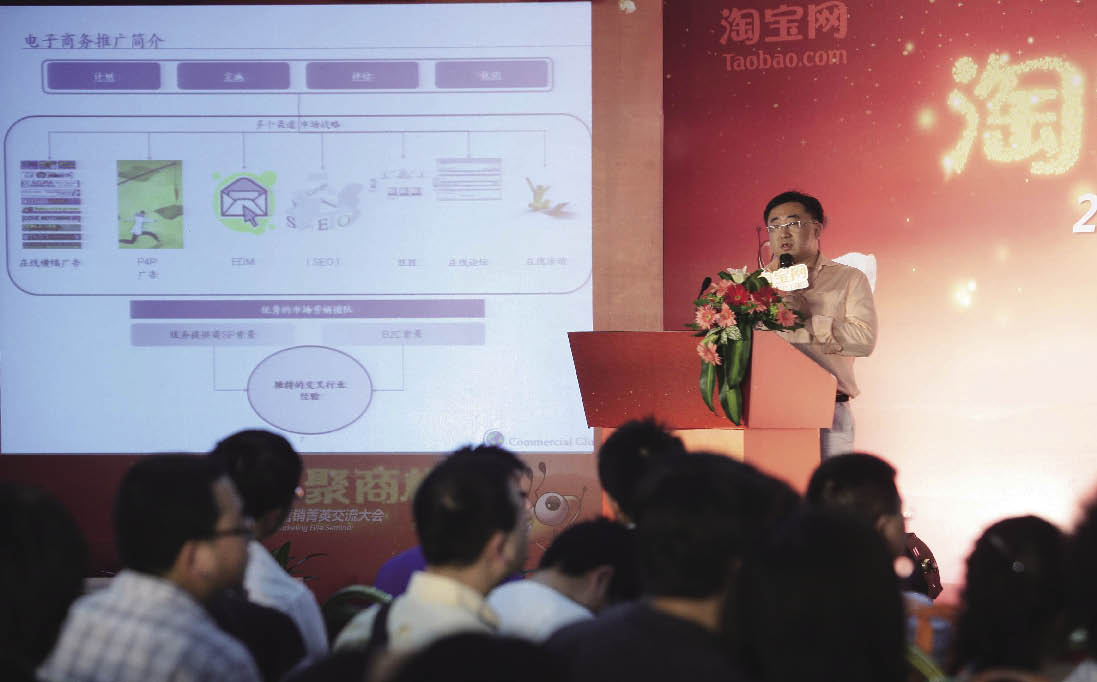|
Zhao Yongdong, general manager of Beijing Shangpin Houseware Co., Ltd., feels the same way: "Foreign trade companies lack marketing channels and staff familiar with the domestic market. What's worse, we don't have an original brand, which is a requirement to enter supermarkets and franchised stores in China. Even if we did, our products are designed to meet the needs of overseas customers and are not suitable for home markets.
The challenges don't stop there. The long settlement period is a problem that has always plagued these companies. Lin Min of Best Power Company worries about this issue: most domestic retailers often settle the account only after the goods are sold, meaning the money does not reach companies for more than 90 days. It is just one disaster after another for cash-strapped foreign trade companies. Such problems do not exist in overseas markets, where retailers settle for goods on receipt from the company.
 |
|
E-commerce is gradually being deployed to expand the domestic presence of companies who once catered to overseas markets. |
Helping Hands
Nevertheless, there is a glimpse of hope. "There are hundreds of millions of households in China. If one household spends RMB 200 a year on housewares, that means a market of 100 billion yuan," says Zhao Yongdong of Shangpin Houseware Company.
Over the past few months, the Beijing Municipal Commission of Commerce has organized four grand fairs for export-oriented companies, during which 351 export-oriented manufacturers contracted with 1,499 retailers, registering a gross turnover of RMB 30.6336 million. The yoghurt machine produced by Rikon Company fortified that company's daily sales with hundreds of thousands of yuan, while the water purifier produced by Best Power Company made its debut with an RMB three million contract with Carrefour. Apart from the grand fairs in Beijing, others like the First Guangdong Foreign-funded Enterprises Commodities Fair and the 105th China Export Commodities Fair (Canton Fair) all help export-oriented companies build bridges to the domestic market.
As a matter of fact, e-commerce – the new business mode that stands for economy and time-saving – is gradually being deployed by export-oriented companies expanding their domestic presence. With the help of websites that engage in B2B and B2C transactions, plus a more aggressive advertising campaign on the portals, the Shangpin Houseware Company has seen an increase in business volume. "Customers place their orders online and the money is wired directly to us, while we use the information to schedule and manage our production precisely to order," said Zhao Yongdong. "Though e-business doesn't seem so different from the traditional mode, it does bring in more customers from home; that the transaction is achieved and monitored through a third party platform secures any dealings with consumers."
To open the door to the domestic market for export-oriented companies, Vice Minister of Commerce Jiang Zengwei believes that dealers can still count on their experience in foreign trade to produce commodities that suit the domestic market. Meanwhile, they are also advised to develop their own brands especially for Chinese consumers, expand their channels, and transform potential need to concrete demand.
|
